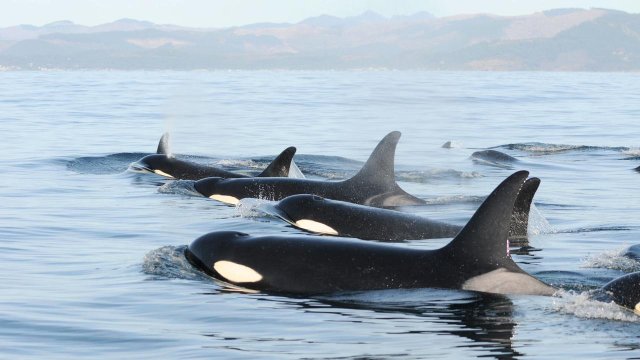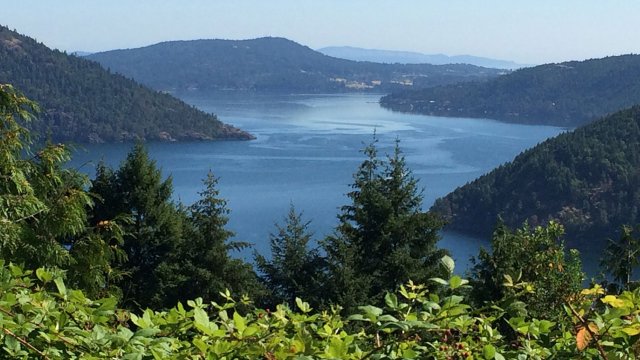Health of the Salish Sea Ecosystem Report
Our shared ecosystem
The Health of the Salish Sea Ecosystem Report is unique in its focus on collaboration across the U.S.-Canada international border and among various levels of government, academic institutions, non-profits, First Nations and Puget Sound Tribes.
-
Executive summary

Get an overview of the indicators we're tracking and how they can help us identify priorities for action to protect and restore this vital ecosystem.
-
About this report

This website represents a collaboration between the U.S. EPA and Environment and Climate Change Canada to report on the health of our shared marine ecosystem, which includes Puget Sound, Georgia Basin, and the Strait of Juan de Fuca.
Ecosystem indicators for the Salish Sea
Read our reports for each of the environmental measures – or indicators – that we're tracking. Learn what's happening, why it's important, what's being done about it, and what you can do to help.
What are ecosystem indicators?
The same way that blood pressure is an indicator of your body's overall health, we can learn about the overall health of an ecosystem by studying certain environmental metrics.
